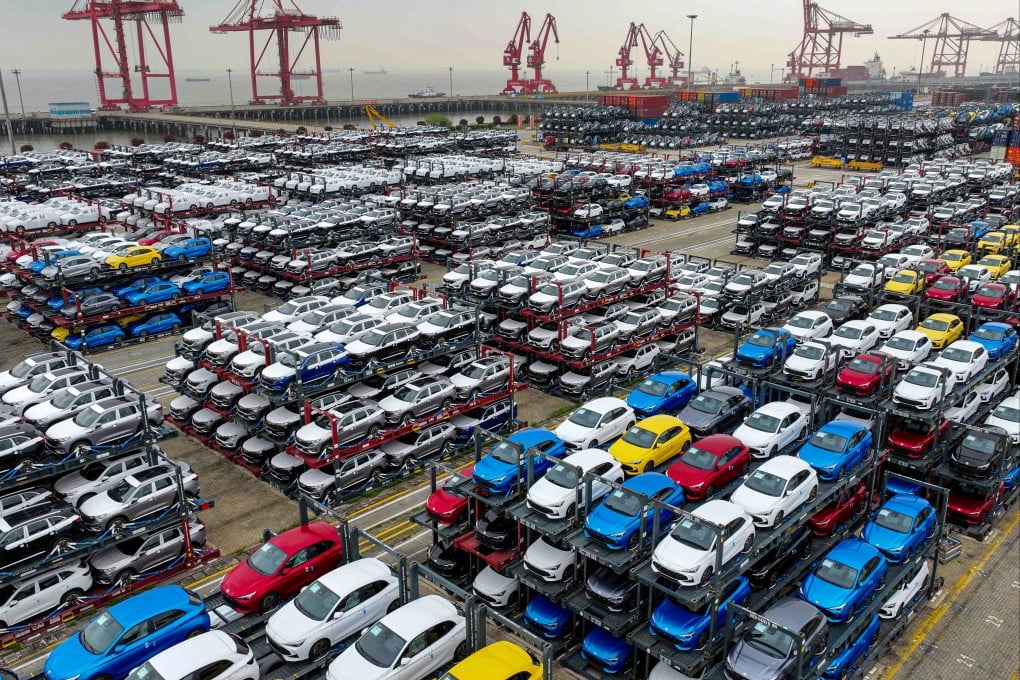Advertisement
Explainer | What the EU’s extra tariffs on China’s electric vehicles mean for carmakers in both markets
- The provisional duties vary between 17 and 38 per cent depending on each carmaker’s level of cooperation with the European Commission’s anti-subsidy investigation
Reading Time:4 minutes
Why you can trust SCMP
18

The European Union announced on June 12th that it would levy additional tariffs of up to 38 per cent on Chinese electric vehicles (EVs), which could deal a blow to domestic EV companies.
Advertisement
Unlike the quadrupling of tariffs announced by the White House last month, whose impact appears to be minimal because so few Chinese-made EVs are sold in the US, the EU’s new levies are likely to inflict some pain as the bloc has long been considered a major destination for the country’s electric cars.
The 27 EU members, home to 450 million people, are poised to become China’s biggest automotive export destinations by 2030, according to a forecast by the Swiss bank UBS last year.
Chinese pure-electric cars accounted for a fifth of the electric vehicles sold in the EU in 2023, a report by Moody’s Ratings found.
Here is what you need to know about the curbs and what it means for the two economies.
How and when will the EU’s extra tariffs on China’s EVs be applied?

Advertisement
.jpg?itok=Qexy_wA0)